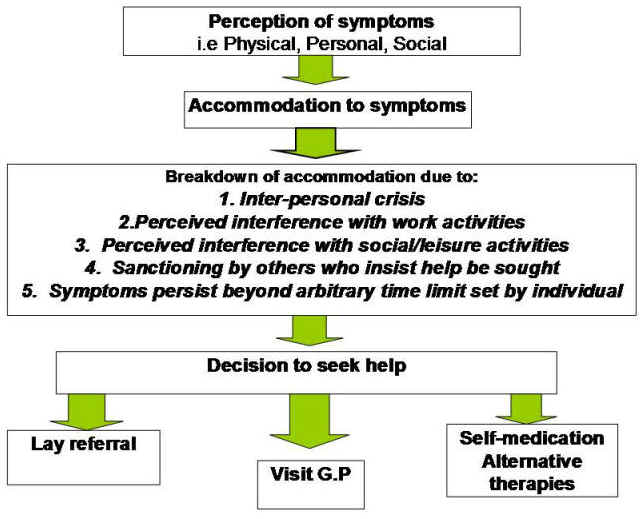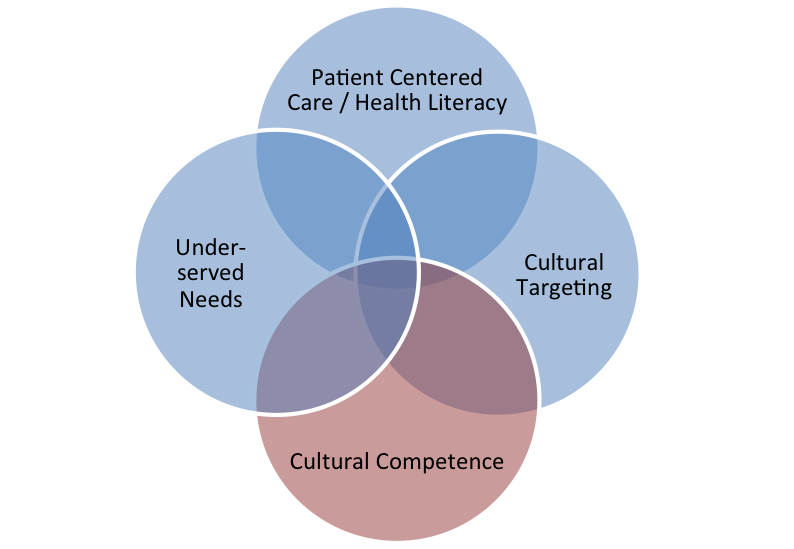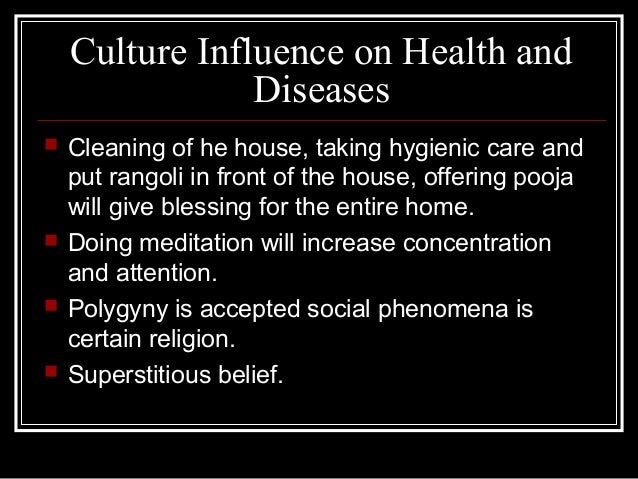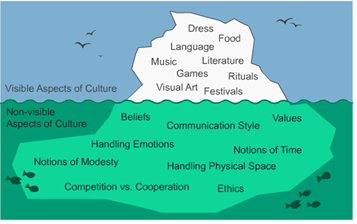The cultural practices of people not only affect their health but also affect all aspects of life including social relationships, contribution to societal functioning and disease condition. Primarily, these tools will help you gain a greater appreciation for how the patient understands their health/illness with regard to culture, preferred healer and interventions, traditional health practices, and.
How culture influences health beliefs.

How does culture affect health and illness. Every culture has its own way of making sense of the highly subjective experience that is an understanding of one’s mental health. When culture impacts health global lessons for effective. Cultural affects on health has been of significant importance (airhihenbuwa 2007a, dutta 2007, shaw et al.
Cultural beliefs affect health and wellness through the information that it provides for its people. People in some cultures believe illness is the will of a higher power, and may be more reluctant to receive health care. All people, no matter the
Every culture has a different way of looking at mental health and, for many, there is a stigma. In addition to this, culture affects the meaning people give to their illness. Culture determines representations of old age and gender that influence the perceptions of health, illness and care.
There are many cultural competency resources that can help you access, comprehend, and assess the role of culture in healthcare. This impacts whether a patient views their condition as real or intangible, a mental or physiological phenomenon, or warranting sympathy or scrutiny. “culture works at all levels,” says dr.
How does culture affect health and illness. Patients then use the data forwarded to families and family members to come to a solid understanding of their health status. Health is viewed as the result of a harmonious balance between the poles of hot and cold that.
Culture influences healthcare at all levels, including communications and interactions with doctors and nurses, health disparities, health care outcomes, and even the illness experience itself. Each has its opinion on whether mental illness is real or imagined, an illness of the mind or the body or both, who is at risk for. This impacts whether a patient views their condition as real or intangible, a mental or physiological phenomenon, or warranting sympathy or scrutiny.
For example, culture modifies (1) concepts of health and death at the physical, spiritual, and metaphysical levels; Many of these diverse american populations have differing systems of belief about health and illness. Culture influences the health comprehension,.
Health behaviors such as when and where we seek help when health is interrupted, how long to remain in care, and how to evaluate treatments are influenced by. This, in turn, can affect their diagnosis and treatment plan. Culture is also a strong determining factor in.
Furthermore, cultures differ in the meaning and level of significance and concern they give to mental illness. Health is determined by several factors including genetic inheritance, personal behaviors, access to quality health care, and the general external environment (such as the quality of air, water, and housing conditions). It affects perceptions of health, illness and death, beliefs about causes of disease, approaches to health promotion, how illness and pain are experienced and expressed, where patients seek help, and the types of treatment patients prefer.
Both health and illness are cultural concepts because our cultural groups impart and shape how we perceive, experience, and manage health and illness (mandell and novak 2005; The perceptions of illness vary among cultures, something considered normal in The output of the health care method and the content are influenced by the health literacy of the cultural group.
All cultures have systems of health beliefs to explain what causes illness, how it can be cured or treated, and who should be involved in the process. The influence of culture on health is vast. Man living in an interactive society is affected by what happens in his environment and how he reacts to it.
In addition, a growing body of research has documented associations between social and cultural factors and health (berkman and. Some cultures see mental health challenges as. How does culture affect health and wellbeing?
Culture affects health in many ways and can be linked to people's health behaviours and their perception of the diseases. The extent to which patients perceive patient education as having cultural relevance for them can have a profound effect on their reception to information.

Health Effects Of Pollution Httpswwwchemfreecomcom Httpswwwfacebookcomchemfreecom Water Pollution Pollution Air Pollution

Section 10 The Role Of Social Cultural Psychological And Family Relationship Factors In The Aetiology Of Disease And Illness Health Knowledge

The Toxicity Of Grind And Hustle Culture – The Avocado Toast Budget Overworked Quotes Hustle Old Quotes

Infographic-2 Energy Life Health

Madeleine Leininger Transcultural Nursing Theory Nursing Theory Nurse Theories

Improving Cultural Competence To Reduce Health Disparities For Priority Populations Effective Health Care Ehc Program

Pin On Food Safety Fact Sheets Infographics

Schumanns Acculturation Model Social Influence Culture Shock Beliefs

Three Health Measurements That Affect The Heart Visually Heart Health Month Heart Health Infographic Health
















